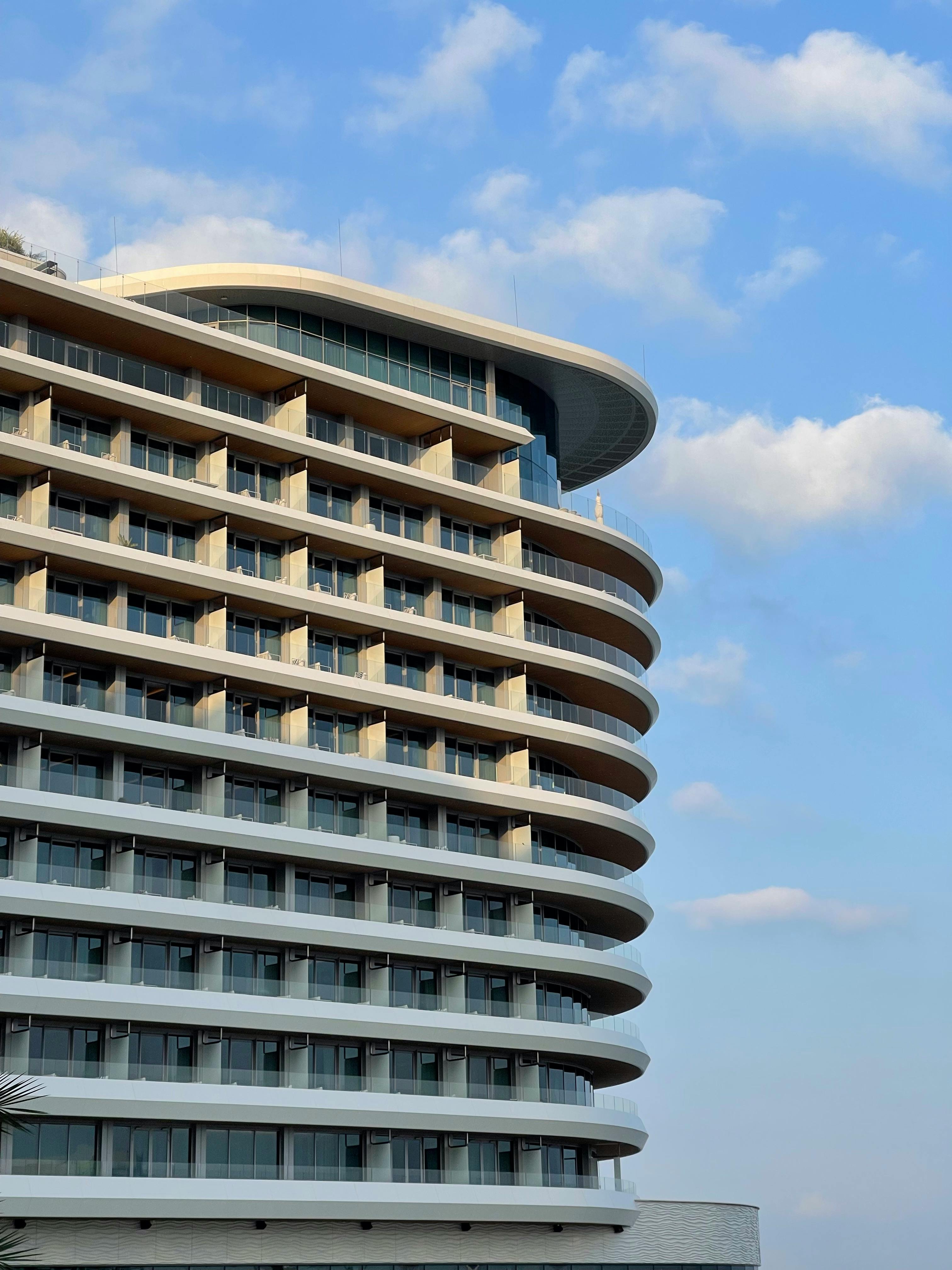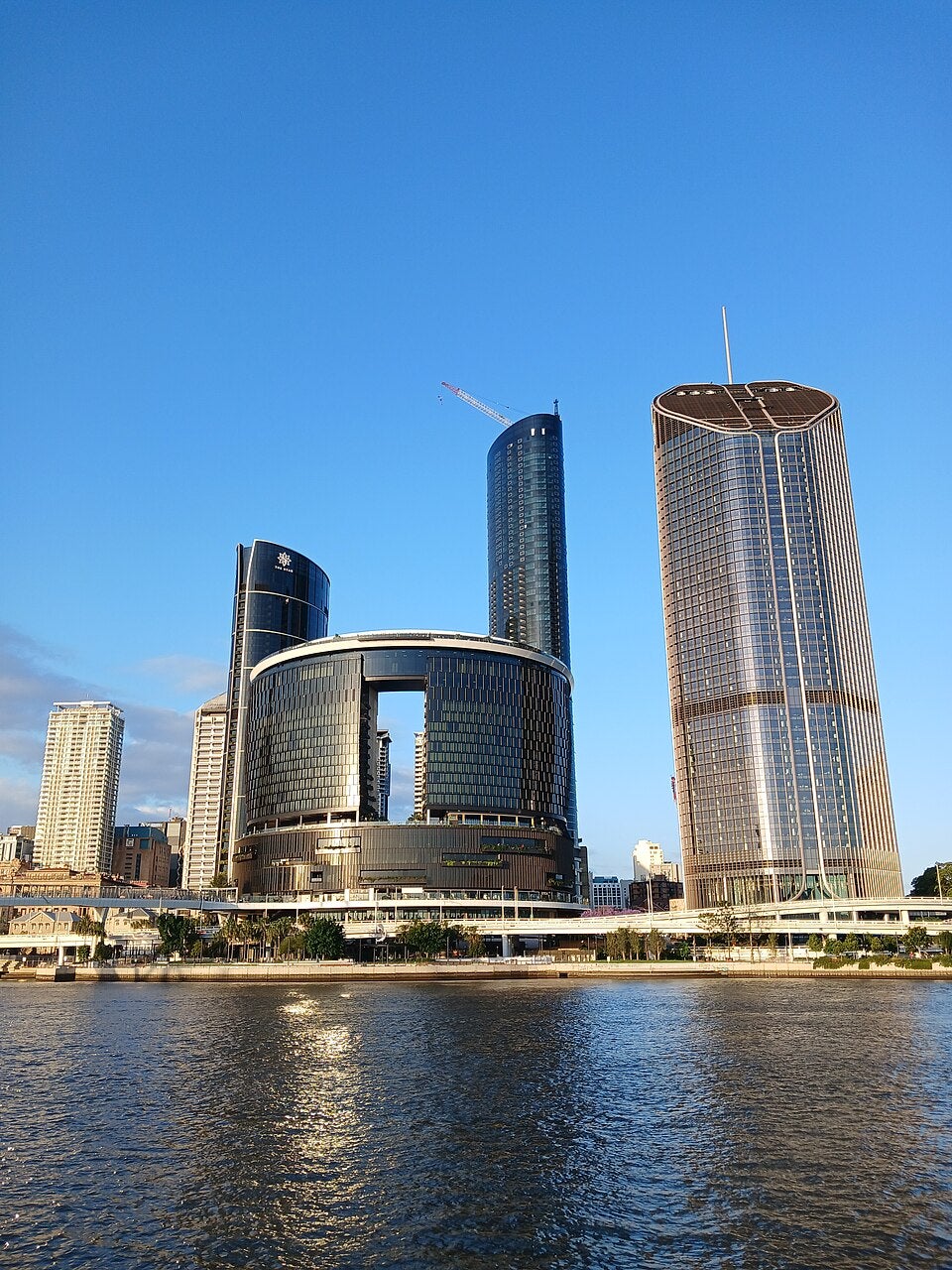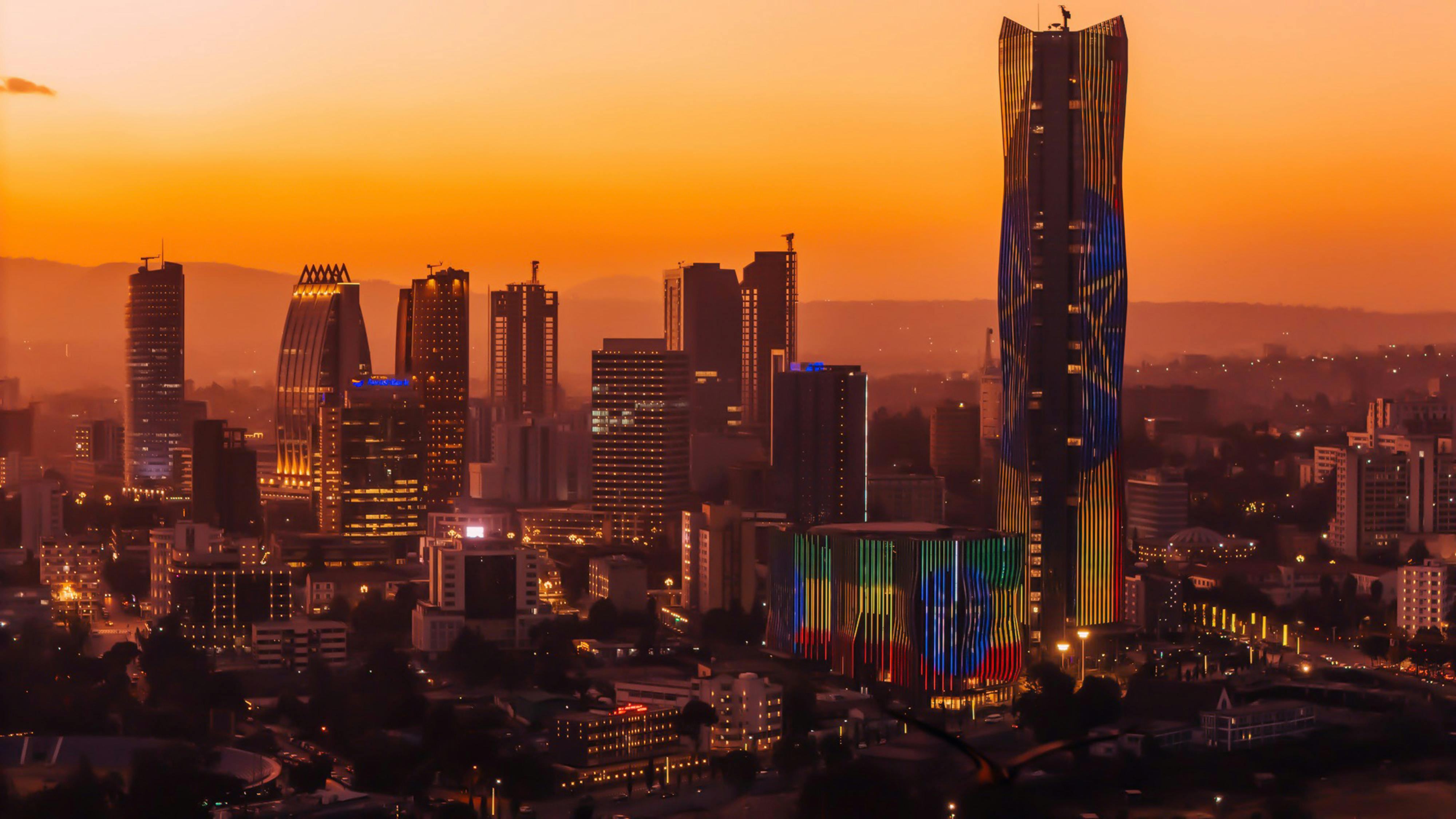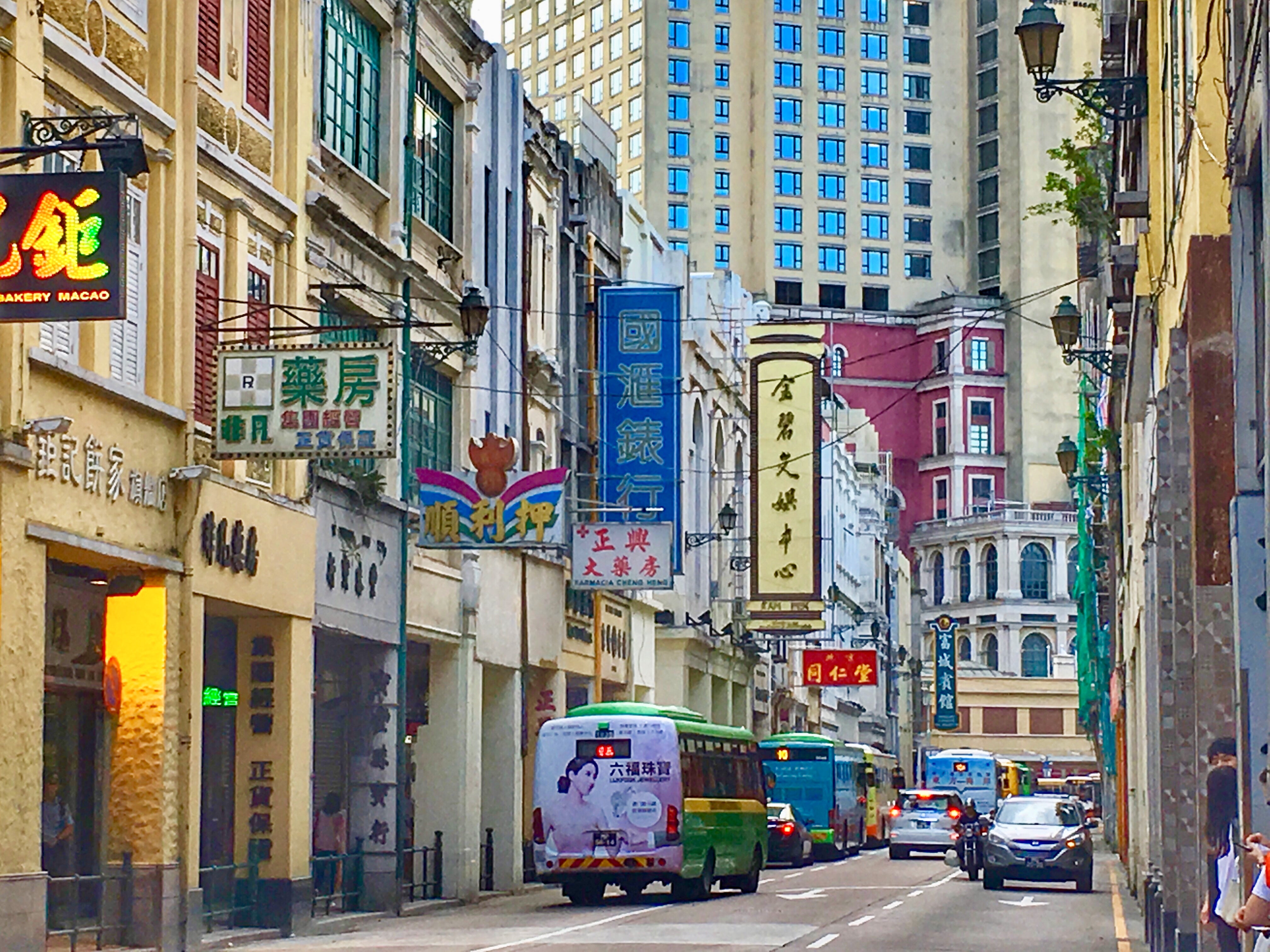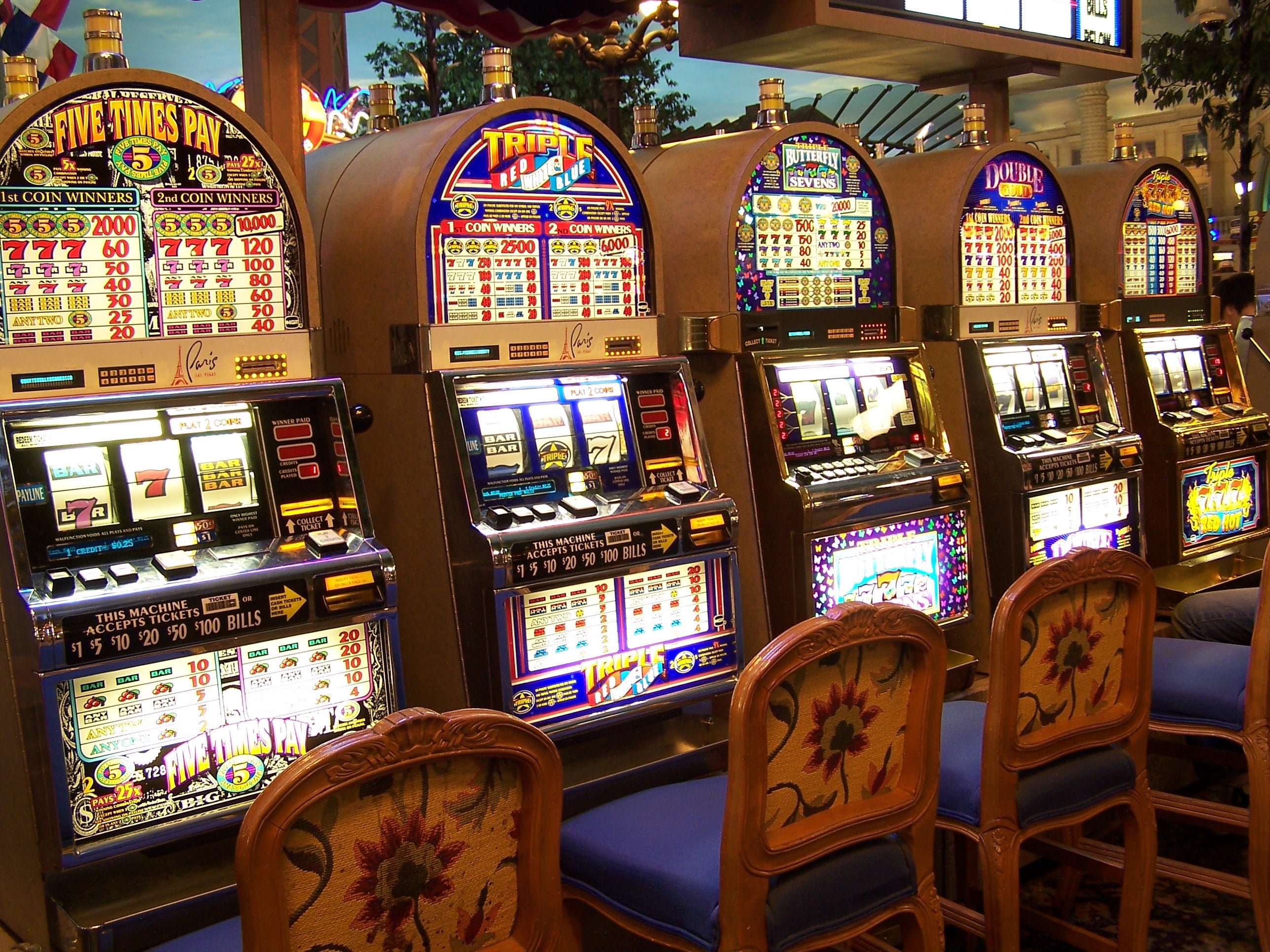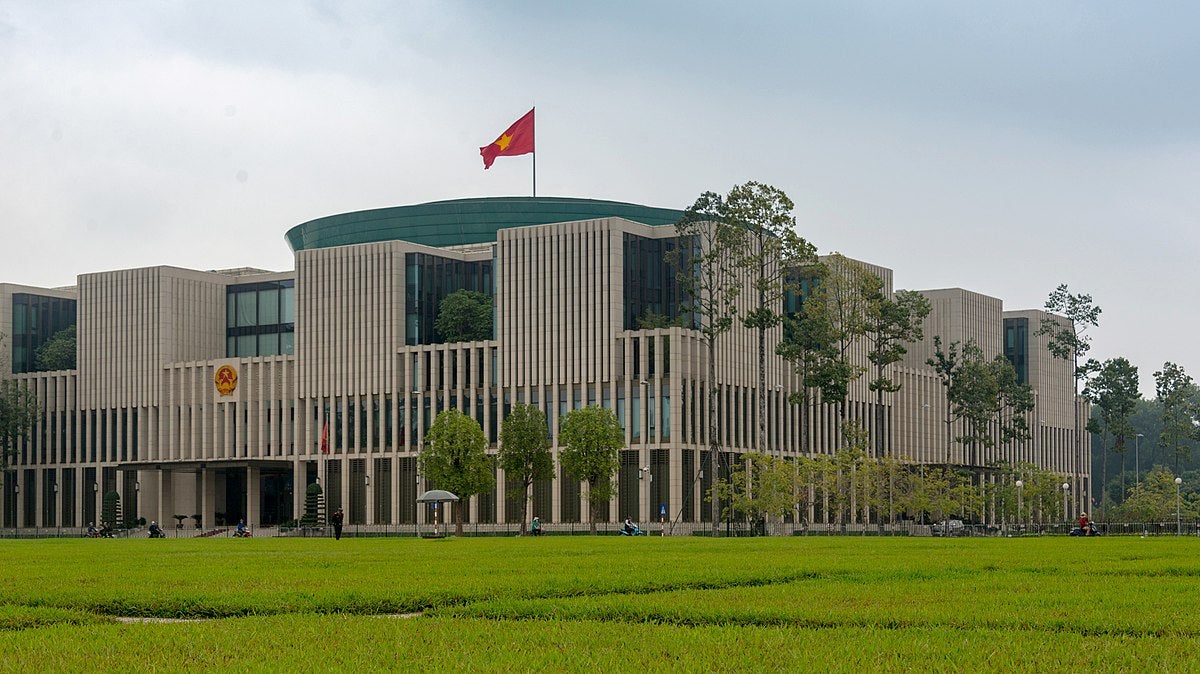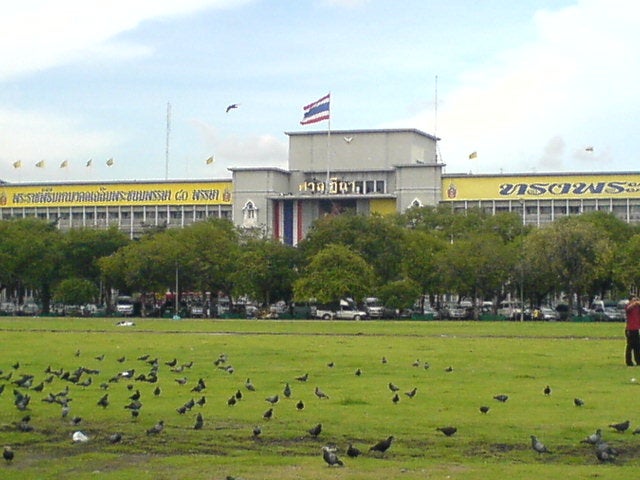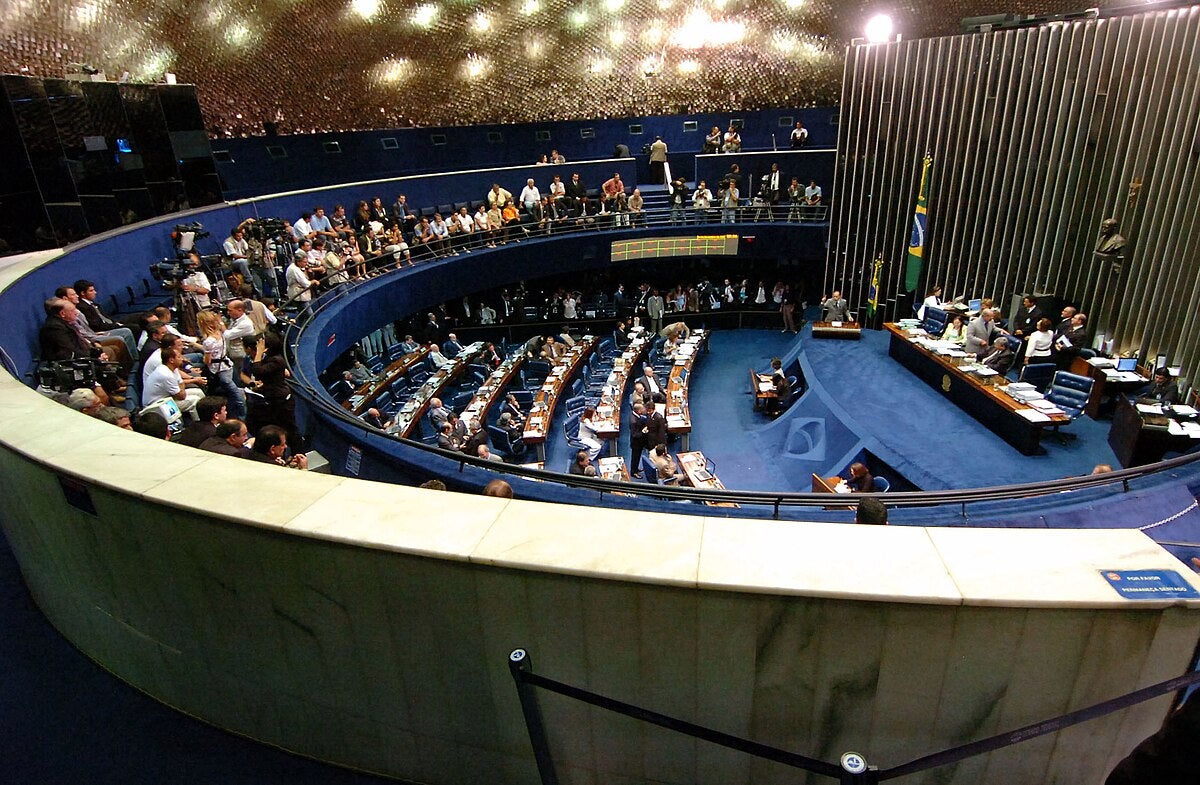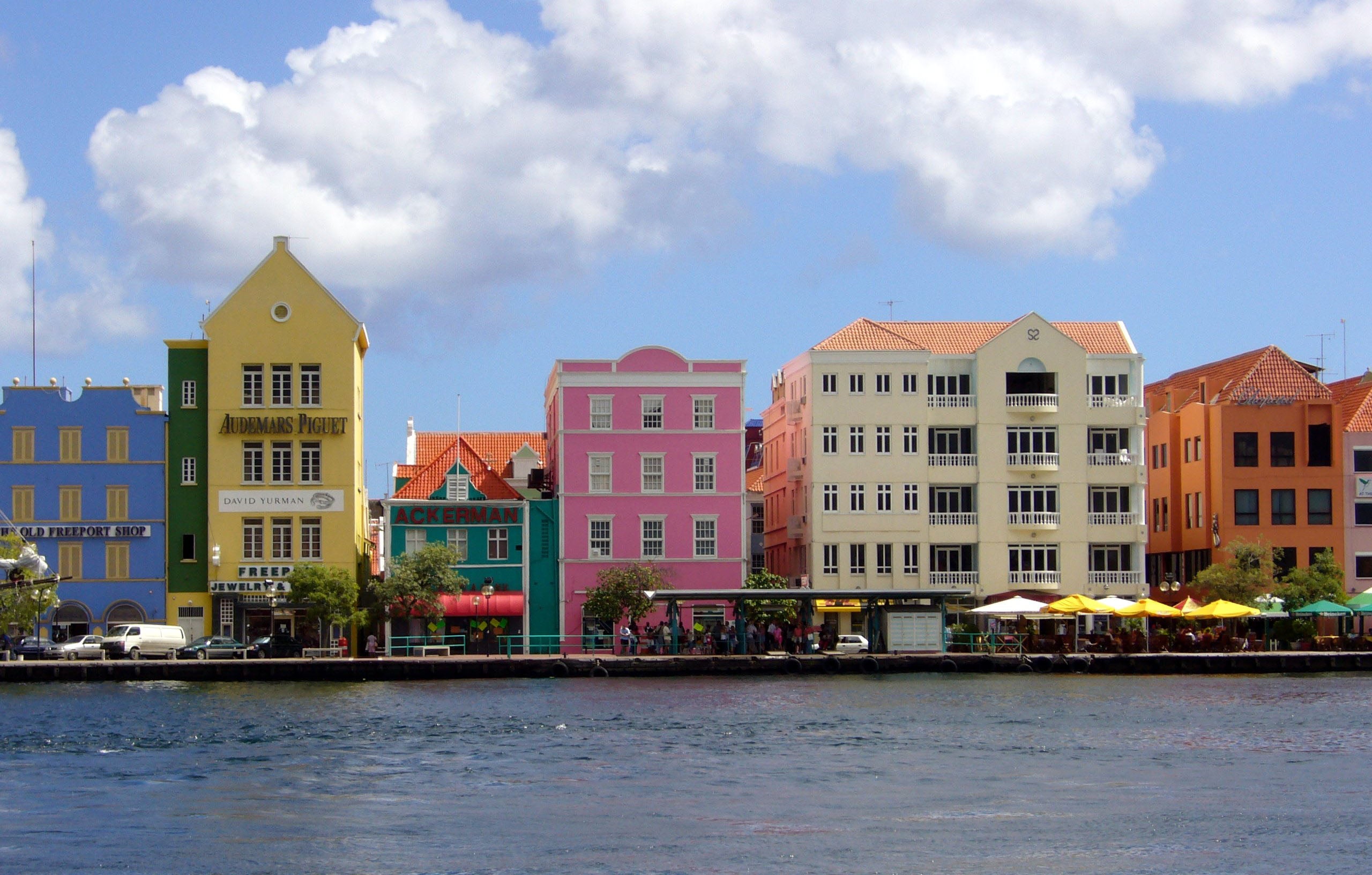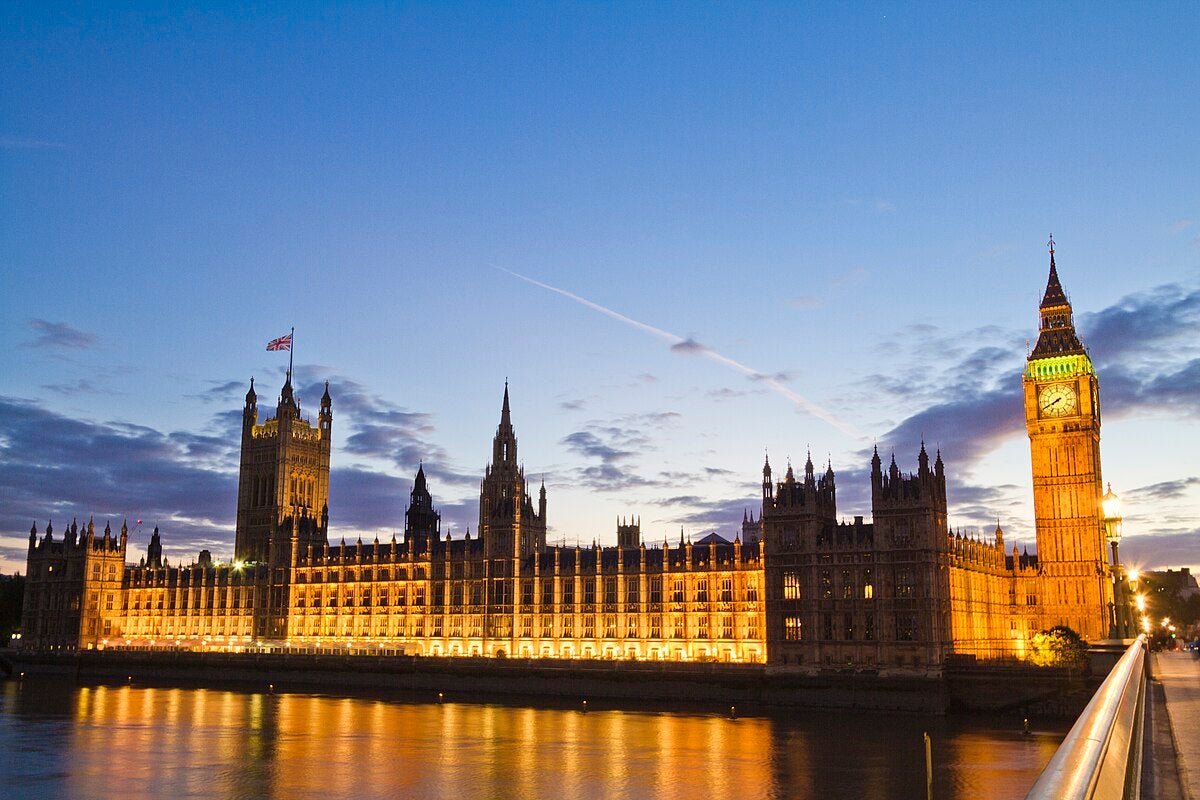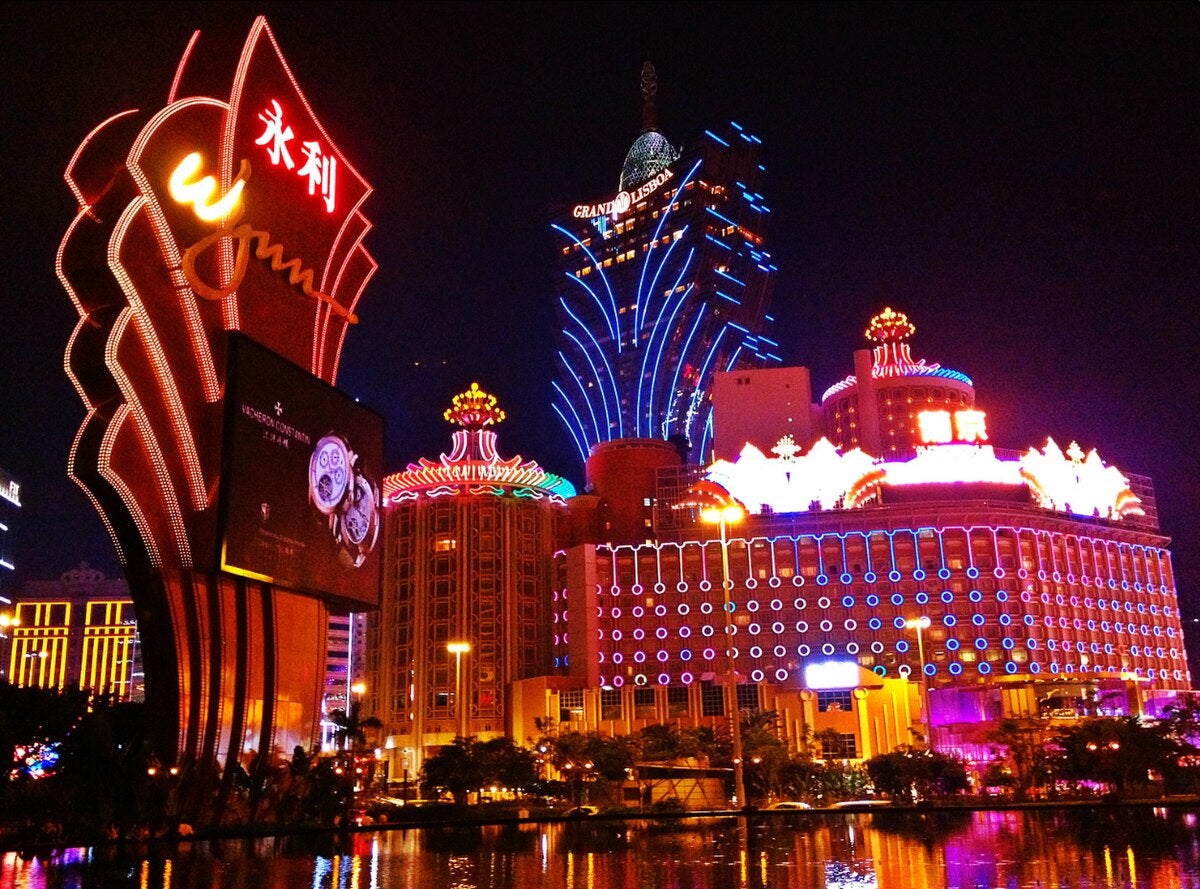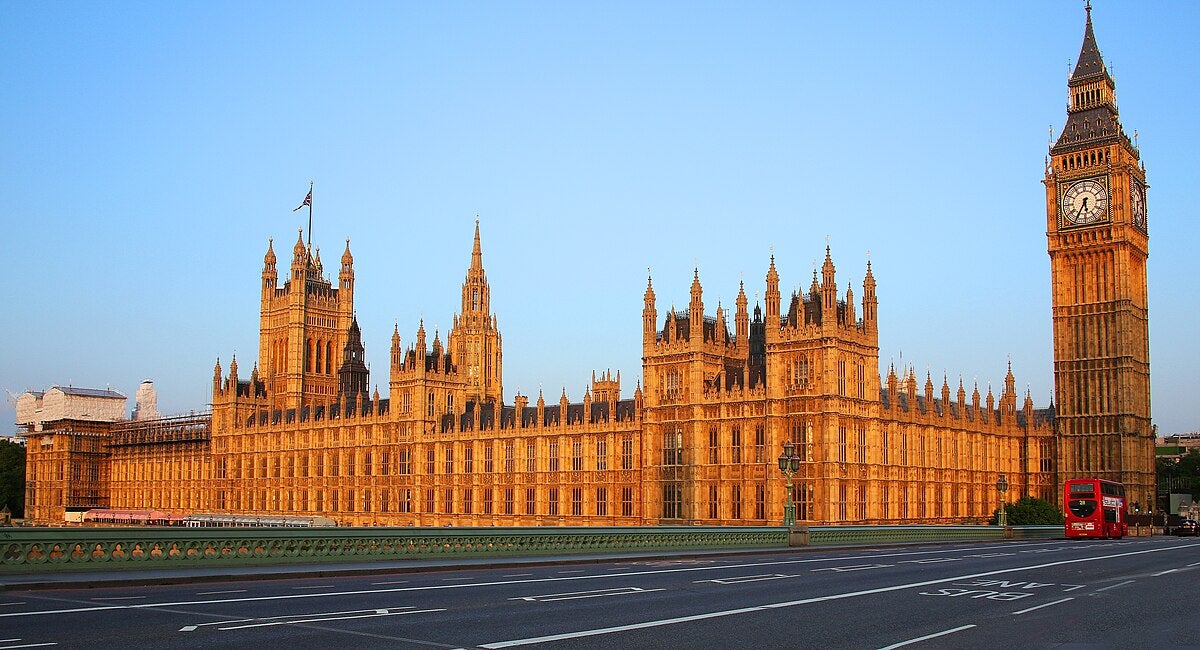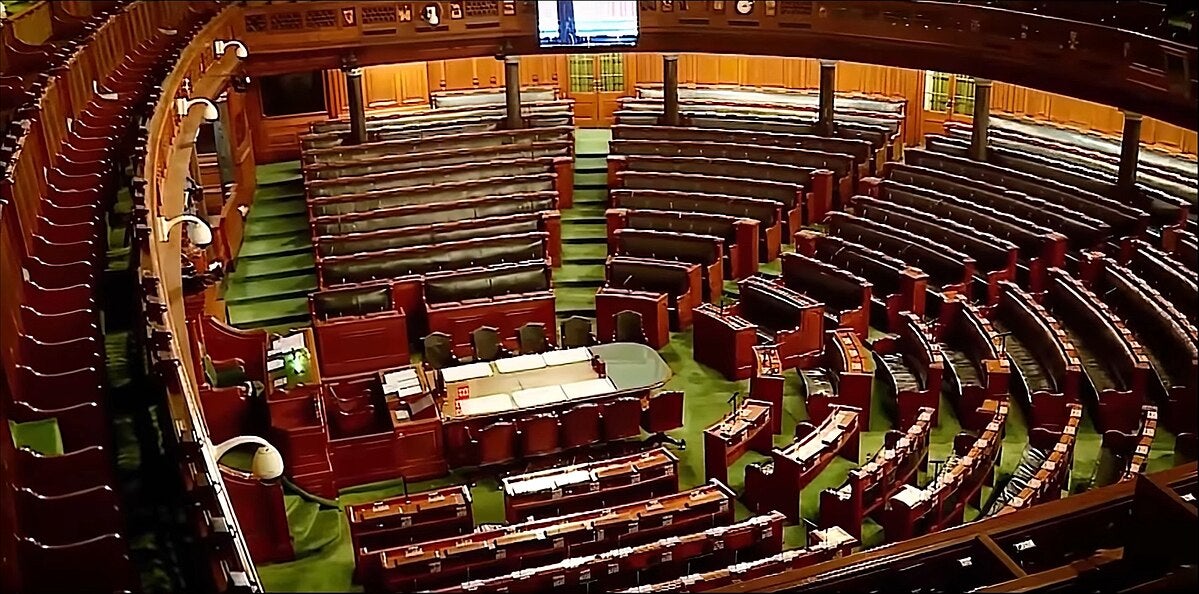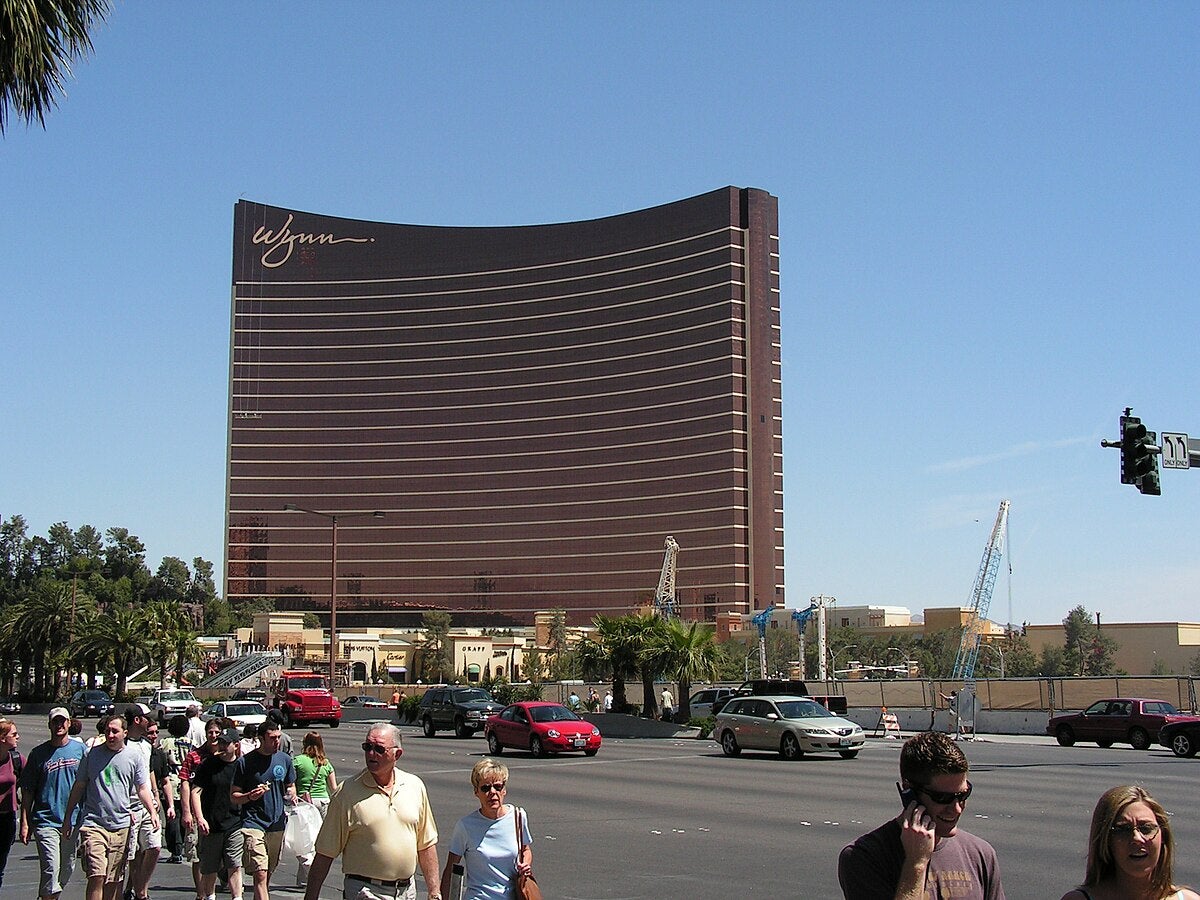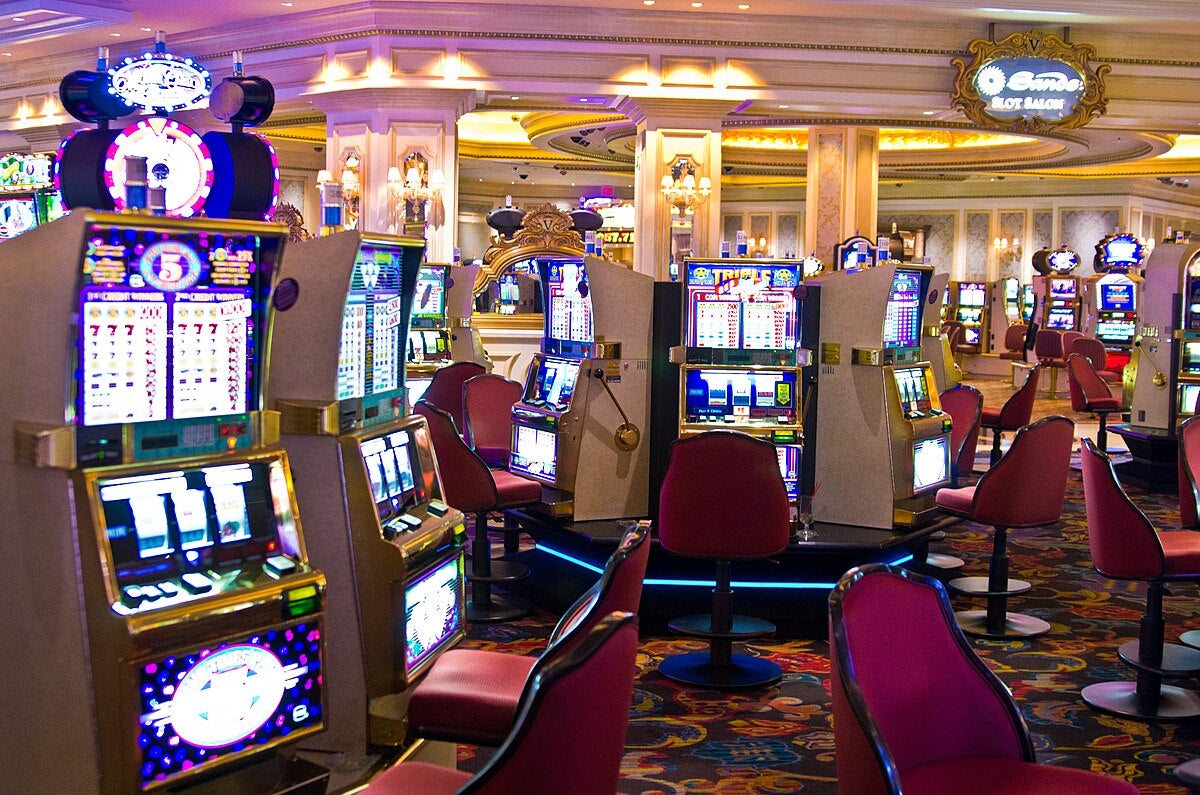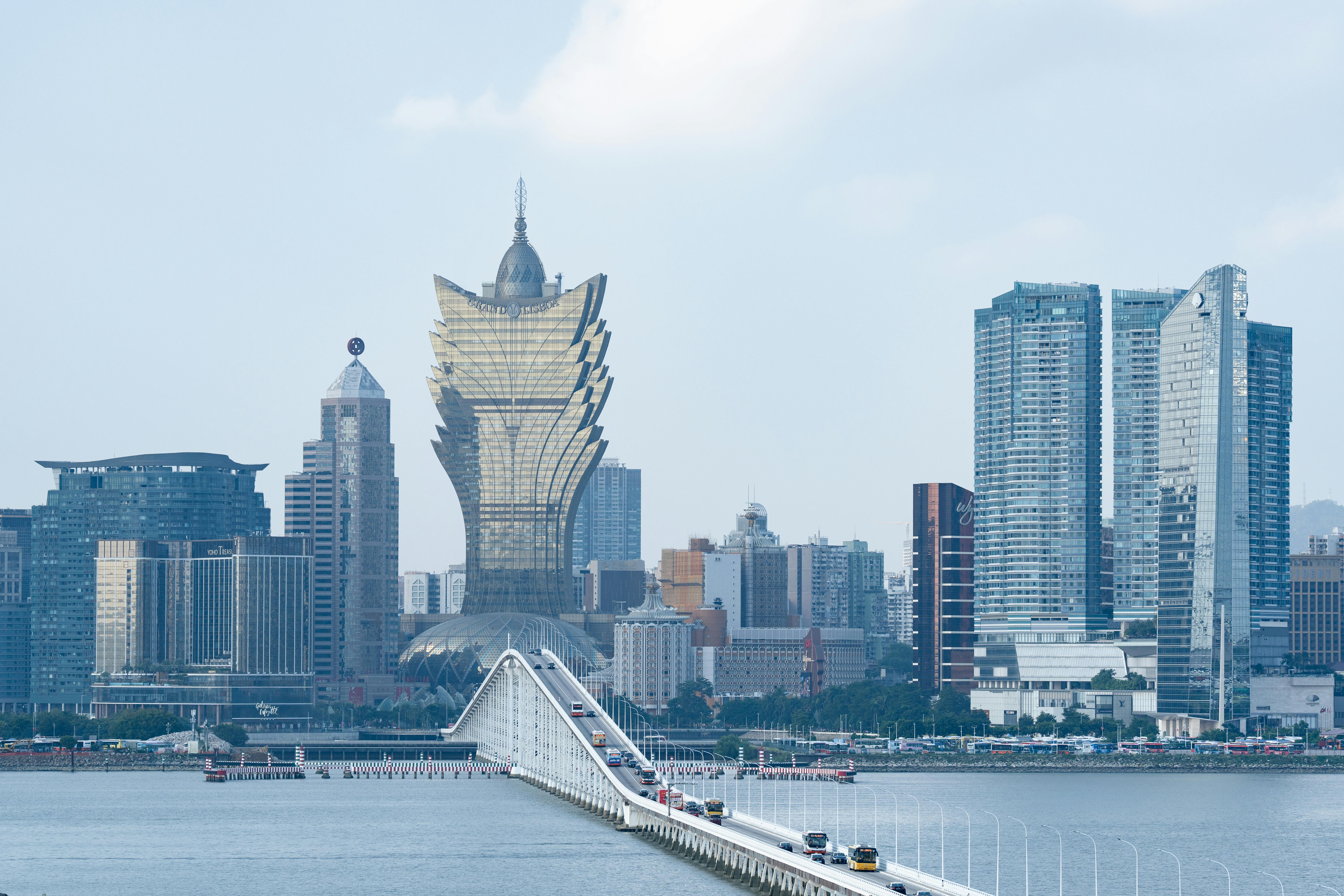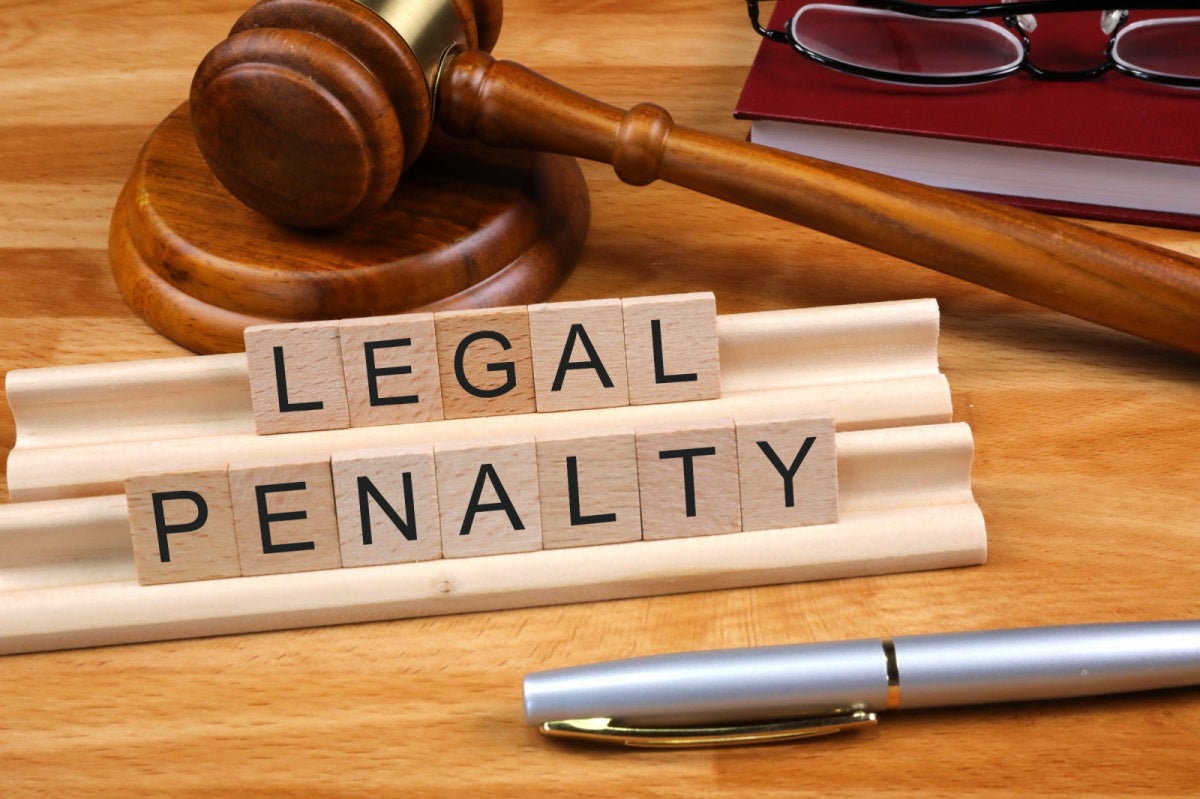Draft Bill Progress
The draft bill must go through the House of Representatives before being submitted to the Senate. A thorough legislative process is expected, with multiple readings in each chamber, and could take at least six months before approval. Several administrative steps will still be required after the fact before casino operations can commence.
Under the proposed draft, the entertainment venues will have a public-private ownership model, where license applicants must be registered in Thailand and partner with the government for the projects. They must demonstrate a minimum paid-up capital of TBH10 billion (about US$286 million). The initial 30-year license would cost TBH5 billion (US$148 million) and an annual renewal fee of TBH1 billion (US$30 million).
Proposed IRs
The exact number of licenses to be issued and IR locations have yet to be finalized, but government reports indicate five licenses could be issued. Two licenses will go to the capital, Bangkok, while the remaining three will go to the tourist hotspots of Phuket, Pattaya, and Chiang Mai.
Under the draft bill, each IR must feature four complementary businesses alongside the casino, such as restaurants, hotels, and amusement parks. Also, gaming floors are limited to 5% of the complex area to broaden their appeal.
Significant Economic Impact
Citigroup analysts predict that Thailand could emerge a phenomenon in the global gaming industry if executed successfully. The industry is poised to generate approximately $9.1 billion in Gross Gaming Revenue (GGR), rivaling Singapore as the third-largest gaming market globally. Renowned global operators like MGM Resorts and Las Vegas Sands have taken an interest in the legislation. The Thai government has also expressed its eagerness to partner with high-profile investors.
.svg)

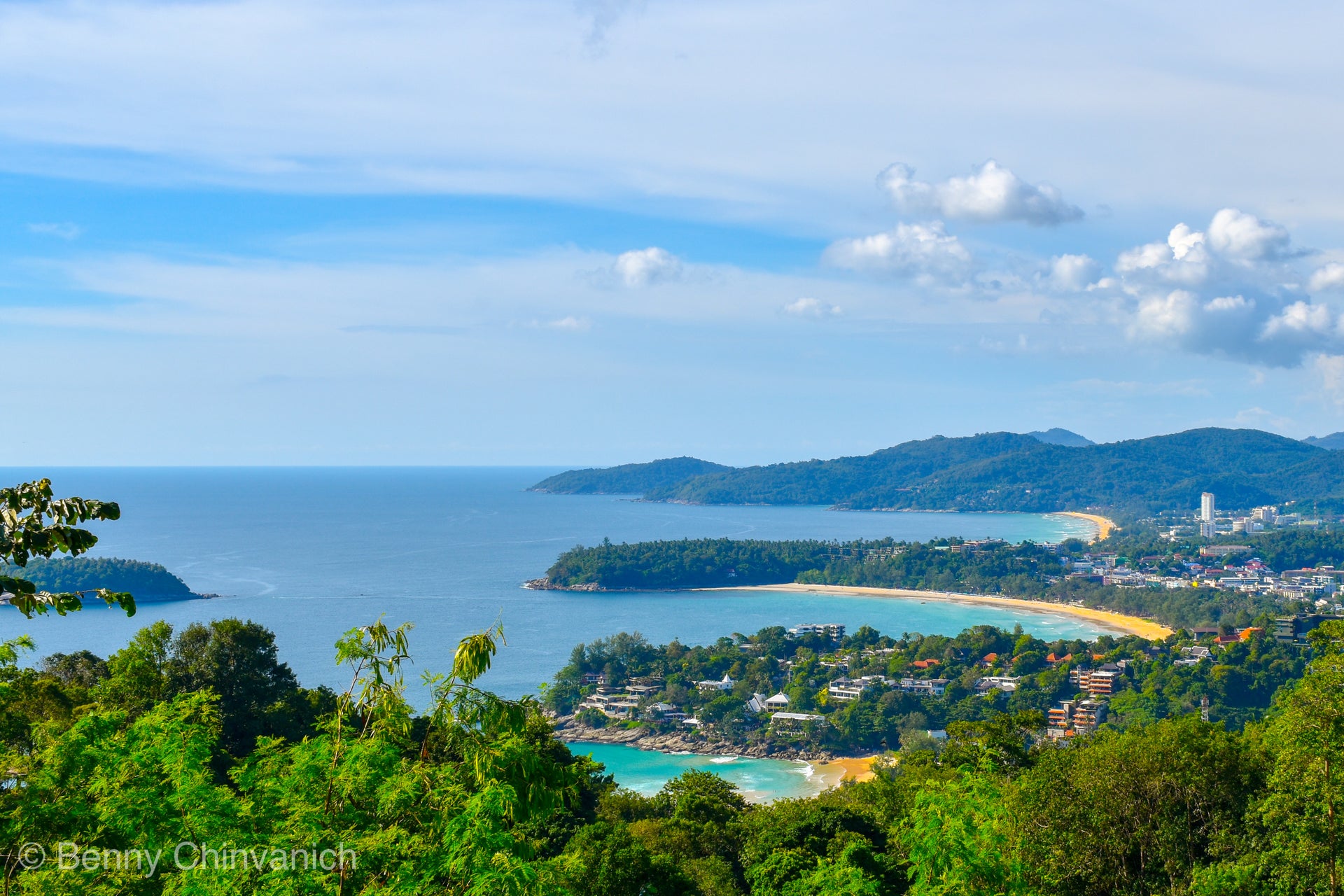

.jpg)

